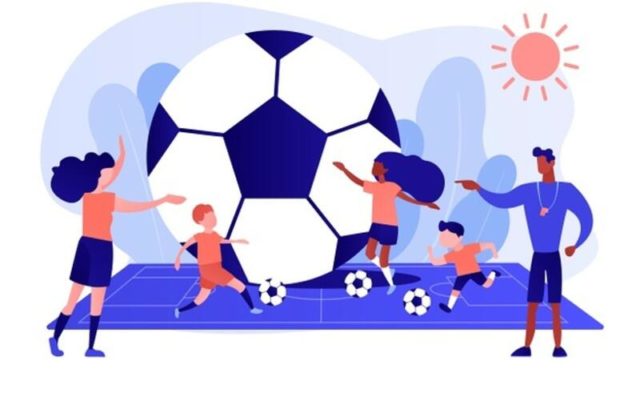The Department of Basic Education gazetted the return of school sports, choirs and culture clubs.
IN RECENTLY amended regulations published on Friday spectators were now permitted to watch sports events. Indoor events with space were allowed a maximum of 250 people while outdoor events were limited to 500 people.
The pandemic had positive and negative impacts on some athletes. The downtime has allowed some athletes to recover from long-standing sports injuries. Some have developed eating disorders while others no longer consider themselves athletes.
The Covid-19 disruptions have left many athletes feeling like they’ve lost a piece of themselves. Without team practices or busy competition schedules, a child’s athletic identity can feel like a distant memory.
Kelsey Griffith, performance enhancement and rehab specialist at The Micheli Centre, has been offering online mental skills training classes.
“Athletes are used to powering through obstacles,” she says. “To get through this pandemic, however, they have to stop and give themselves space to not feel OK. That doesn’t mean they’re not athletes.”
Kimberley O’Brien, a sports specialists, shares skills to help athletes cope with the emotional roller-coaster of Covid-19, and possibly come out stronger.
Turn workouts into habits: Sticking with a training programme is a lot harder when your gym is also your bedroom (or garage or living room). “A lot of athletes are angry with themselves for not meeting their training goals,” says O’Brien. But self-blame tends to make athletes weaker, not stronger.
Virtual training: Connect with teammates. Working out with friends or teammates can also help you stick to your training plans. You might train together from a safe physical distance outdoors. It can also help you stay connected with the people who made sports fun for you in the first place.
Practice self-compassion: Recognise the many ways Covid-19 has made training harder and congratulating yourself for the things you achieved. “It is possible to be kind with yourself while also pushing yourself to be the best athlete you can be,” concludes O’Brien. “Those two things are not mutually exclusive.”
Be clear about what you can and can’t control: Covid-19 puts athletic adaptability to the test. Whether it’s wearing a mask during practices, drastically shorter competition schedules, athletes have had to adapt to a strange new world. Ask yourself what you can do, even if you didn’t choose the circumstances. Adaptability is an important skill for any athlete.
In conclusion, the school is responsible for keeping a register of all officials and pupils from visiting schools who are attending training or a school event.








